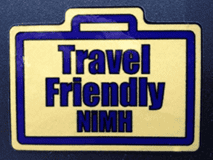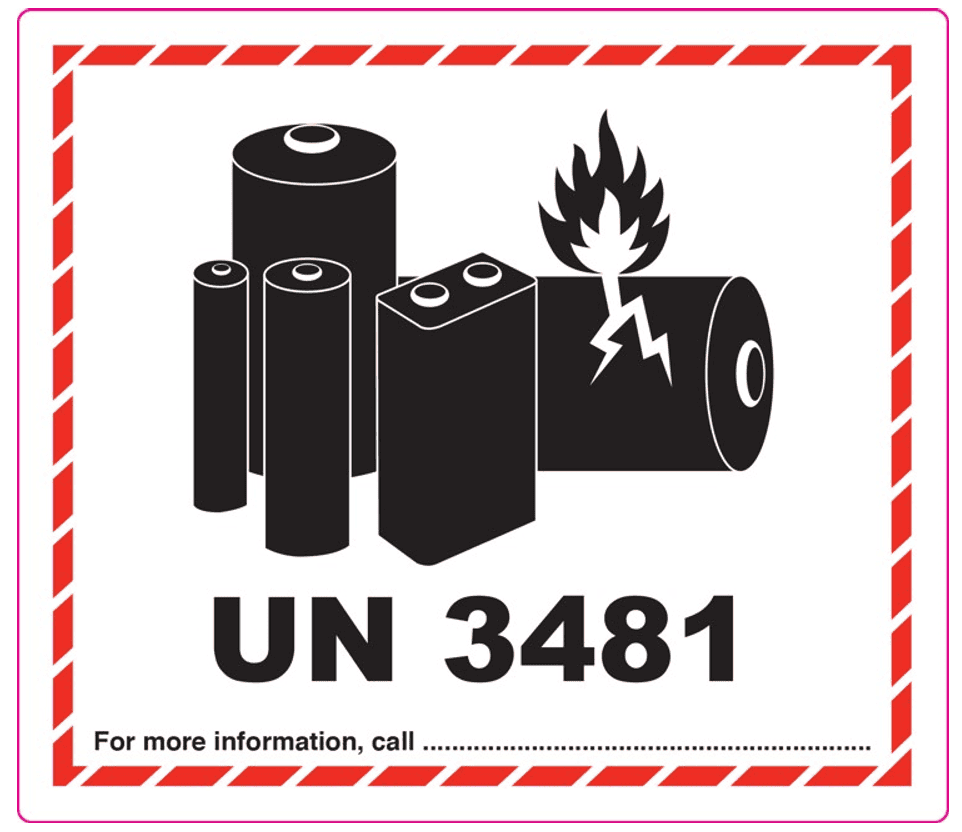In general, all batteries in all forms of transportation must be packaged in a safe and responsible manner. Regulatory concerns from all agencies for safe packaging require that batteries be packaged in a manner that prevents short circuits, damage to the terminals, activation of the battery or anything else that could result in a “dangerous evolution of heat” (1). However, there are significant differences in the requirements for transporting batteries depending on a battery’s chemistry, capacity, quantity, design characteristics, mode of transport and jurisdiction.
Nickel metal hydride (NiMH) batteries are easier to transport than comparable sized Lithium Ion (Li Ion) batteries due to the unique safety concerns and the complexity of numerous regulations which govern Lithium based batteries.
Nickel metal hydride (NiMH) batteries are easier to transport than comparable sized Lithium Ion (Li Ion) batteries due to the unique safety concerns and the complexity of numerous regulations which govern Lithium based batteries.
(1) Nickel metal hydride (NiMH) batteries are:
- Not restricted for the purposes of transportation by the U.S. Department of Transportation, see 49 CFR 172.102
- Not restricted for the purposes of transportation by the International Civic Aviation Organization
- Not restricted for the purposes of transportation by the International Air Transportation Association, see Dangerous Good Regulations (DGR) Special Provision A123.
- Not restricted for the purposes of transportation by the EU (ADR/RID), see ADR and UN 3496
- Subject to International Maritime Organization for sea transport, but if transport unit is less than 100kg (220 lbs.) they are not subject. When transport unit is more than 100kg (220 lbs.) see IMDG Code 5.4.1, 5.4.3 and column 16 of DGL, chapter 3.2; and UN 3496, Special Provision 963;
Therefore, in most cases nickel metal hydride batteries are easier to transport, and to help you easily identify our nickel metal hydride products, please look for the following BlockBattery "Travel Friendly – NiMH" logo

While our nickel metal hydride (NiMH) batteries are “Travel Friendly” they do require care in proper identification and packaging them for transport. The U.S. Department of Transportation has a guide for preparing batteries for air transport, follow this link and see the section on “Dry Batteries”, currently pages 18 & 19, which is the most applicable to nickel metal hydride batteries.

(2) Lithium Ion Batteries:
Care must be taken to comply with shipping regulations when transporting Lithium Ion Batteries. However, All Pro-Block and Indi-Block Batteries are designed with removable cartridges, under 100 WHrs, which make them easy to ship and easy to service. In the dis-assembled state, no dangerous Goods paperwork is required for cartridges shipped with associated battery case.
SLi Series shipping instructions
Please keep in mind that laws and regulations regarding transportation of batteries are subject to changes. BlockBattery is providing this information as a courtesy, but it does not constitute legal advice. Your specific circumstances of transport might warrant specific legal advice, or guidance from carriers, or regulatory authorities of the transport origination and destination localities.
Please keep in mind that laws and regulations regarding transportation of batteries are subject to changes. BlockBattery is providing this information as a courtesy, but it does not constitute legal advice. Your specific circumstances of transport might warrant specific legal advice, or guidance from carriers, or regulatory authorities of the transport origination and destination localities.
